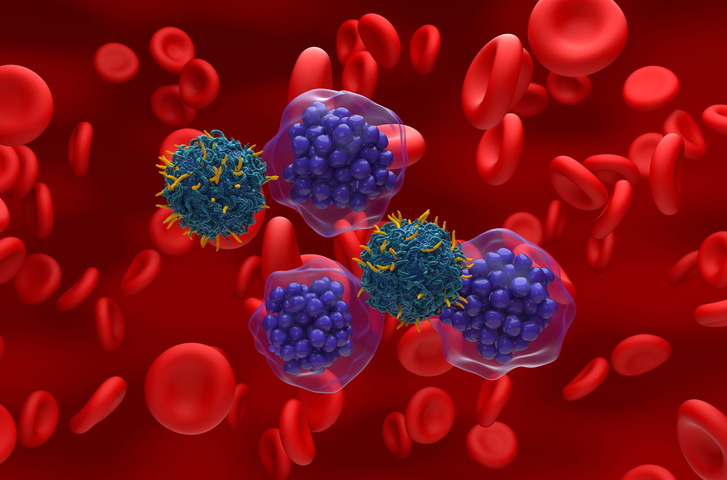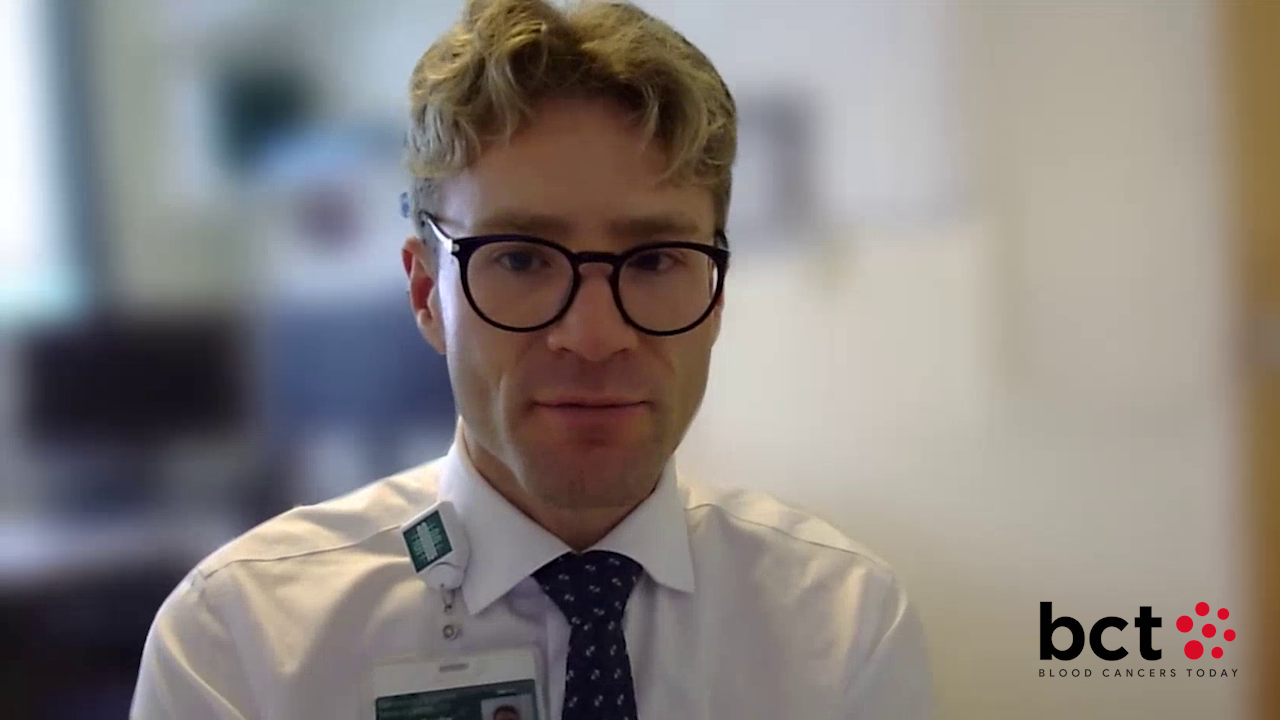
Lenalidomide, rituximab, and ibrutinib (IRR) was effective as a first-line therapy for patients with follicular lymphoma (FL) and marginal zone lymphoma (MZL), according to an open-label, phase II study published in Cancer.
“Compared [with] historical results with lenalidomide and rituximab, [progression-free survival (PFS)] is similar, with higher grade 3-4 toxicity, particularly rash,” wrote the study’s lead author, Max Gordon, MD, of the Department of Lymphoma and Myeloma at the University of Texas MD Anderson Cancer Center in Houston.
The study enrolled 38 patients with previously untreated FL (grade 1-3a) and 10 patients with previously untreated MZL. Participants received 12 28-day cycles of lenalidomide 15 mg on days one to 21 of cycle 1 and lenalidomide 20 mg in cycles two to 12, rituximab 375 mg/m2 weekly in cycle one and on day one of cycles two to 12, and ibrutinib 560 mg daily. The primary endpoint was 24-month PFS.
Over a median follow-up of 65.3 months, the estimated 24-month PFS was 78.8% (95% CI, 68.0-91.4) and the 60-month PFS was 59.7% (95% CI, 46.6-76.4). Grade 3 to 4 adverse events occurred in 64.6% of participants, including grade 3 to 4 rash in 50.0%. There was one death during the study, which was judged to be unrelated to disease progression.
In short, “IRR is highly active as frontline therapy for FL and MZL,” Dr. Gordon and colleagues concluded.
Reference
Gordon MJ, Feng L, Strati P, et al. Safety and efficacy of ibrutinib in combination with rituximab and lenalidomide in previously untreated follicular and marginal zone lymphoma: an open label, phase 2 study. Cancer. 2023. doi:10.1002/cncr.35114






 © 2025 Mashup Media, LLC, a Formedics Property. All Rights Reserved.
© 2025 Mashup Media, LLC, a Formedics Property. All Rights Reserved.